FM meets with Greek counterpart, talks migrants and walls
Serbia is opposed to the construction of the fence on the border between Serbia and Hungary, Serbian Minister of Foreign Affairs Ivica Dacic said on Thursday.
Thursday, 25.06.2015.
15:57

FM meets with Greek counterpart, talks migrants and walls
"It is time for Europe to say whether a Europe with walls is part of the past or the present. I thought that the Berlin Wall fell," Dacic told a joint news conference with his Greek counterpart Nikos Kotzias.Dacic underscored that the relations between Serbia and Hungary are good and that the matter of migrants is not an issue for Serbia, Hungary or Greece but a matter for Europe. Europe should show whether it treats the region of the Balkans as a part of the EU or a space bordered by walls, he noted.
Dacic said that Serbia is a victim and that Europe did not have a lot of understanding when it pointed to the problem of migrants. He recalled that he had three meetings with his colleagues from Austria and Hungary, during which he voiced suggestions concerning a joint control of the borders in the green belt and an electronic surveillance system.
Serbia did not have the funds for this and the request for IPA funds for the purpose was rejected, and now we have walls, Dacic said.
He noted that Serbia is ready to initiate a regional conference concerning the problem of migrants which would gather representatives of countries in the region, the European Commission, UNHCR, and other organizations.
Nikos Kotzias voiced his support for Dacic's idea.
"The problem of migration has existed for a long time," said the Greek minister. "When I raised the issue at the Council of Ministers, they looked at me like some strange leftist creature and refused to deal with it, but, the messenger is not to blame. The problems arose because there was no successful action in the region."
He asked "whether all those wars in North Africa is what created these great rivers of refugees" and then added that "someone cannot create a problem, and then to say, 'you need to solve it'."
As he said, "Europe needs to confirm that it is able to solve the problem, and if left as it is now, societies in the Balkans will become xenophobic and move toward the right."
"We are very interested in the stability of Egypt that has 100 million inhabitants of which two thirds are under 18 years old, unemployed, and do not dream a lot about staying in the country. Those who want to destabilize Egypt are risking some future fires," said the Kotzias.
Asked about migrants going through Greece and Macedonia before they reach Serbia, the Greek minister said he already traveled to "the friendly northern neighbor," that he held "three press conferences" in Skopje, where he was asked the same question, and explained that a smaller percentage of migrants reach Macedonia from his country, as the bulk goes from Greece via Italy to Central Europe.
"But EU countries want to turn us into a 'black box' that will accept 100,000 refugees from Syria and 300,000 from Afghanistan and Pakistan. That is more people than the entire population of our islands," Kotzias stated.
According to him, "Europe must use all the resources that it has, and one of the measures is to return migrants to their countries of origin."
Dacic said that he and Kotzias were, among other things, preparing the upcoming visit of Greek Prime Minister Alexis Tsipras to Belgrade during their meeting in Belgrade on Thursday.
The Serbian minister also remarked that with EUR 2.9 billion Greece was one of the biggest investors in Serbia, describing the EUR 400 million trade as "good" and adding that both he and Kotzias believe "it could be higher," and that they agreed form special technical teams for that purpose.
After his meeting with Dacic, Kotzias was received by Prime Minister Aleksandar Vucic.
"No issues"
Serbia and Greece have traditionally good relations and no contentious issues between them, Serbian Foreign Minister Ivica Dacic underlined on Thursday.The Serbian people view Greeks as the people closest to them, and the two countries are connected by a long-standing friendship, Dacic said at a joint press conference after the talks with Greek Minister of Foreign Affairs Nikos Kotzias.
He noted that the two countries' prime ministers have had a telephone conversation and agreed on Alexis Tsipras' visit to Serbia.
We agree to a high degree in various fields and have no contentious issues. Moreover, we approach many things in the same way by taking more balanced positions and keeping away from blackmail, threats and humiliation, Dacic said.
He underlined that Greece is one of the greatest investors in Serbia with around two billion euros to date, while the two countries' trade is now worth around EUR 400 million, though this could be improved.
We agreed that in the forthcoming months the two countries will put together technical teams tasked with analyzing the situation in the fields of economy, security, prevention of illegal migration, education and culture, Dacic said.











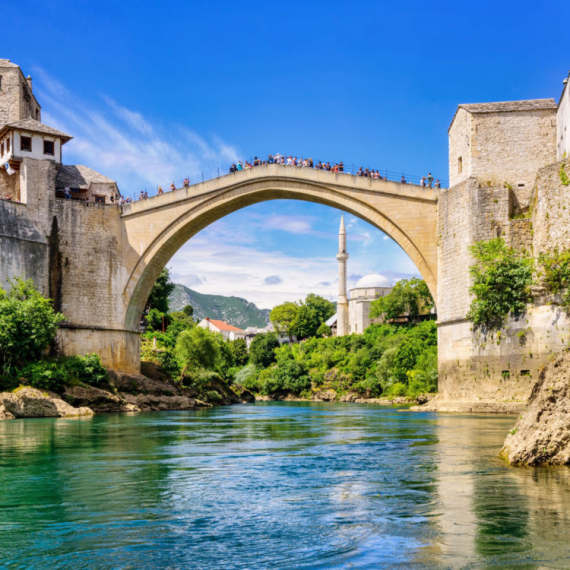
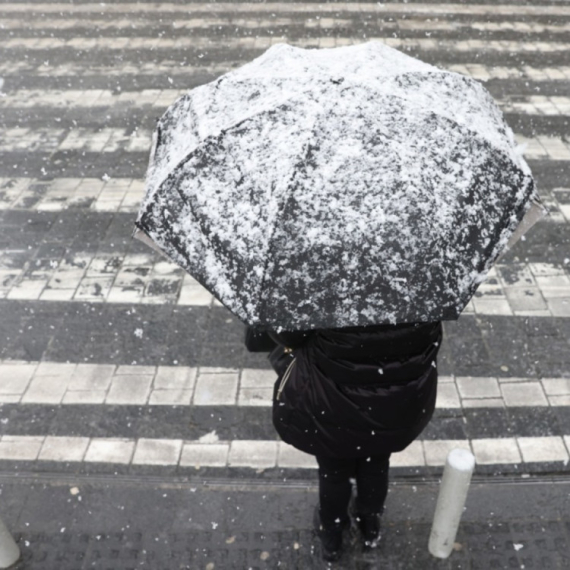

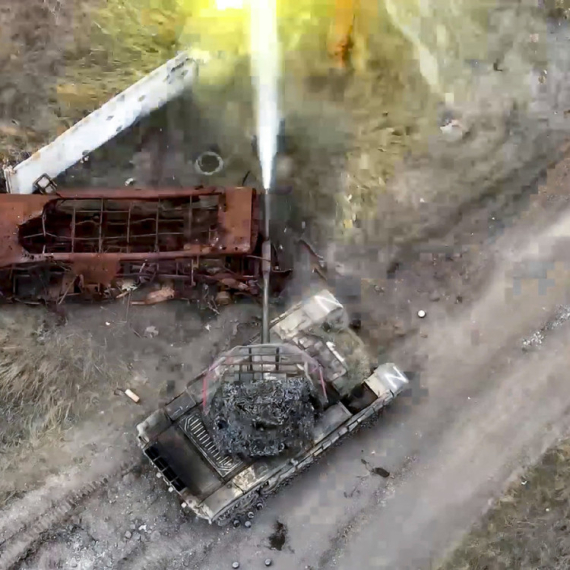























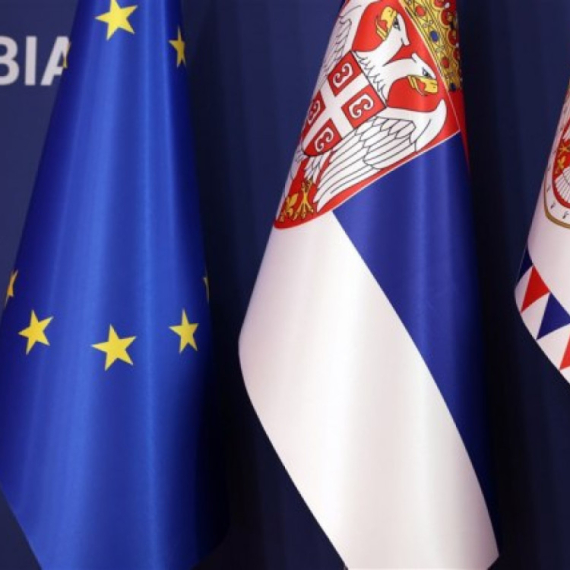
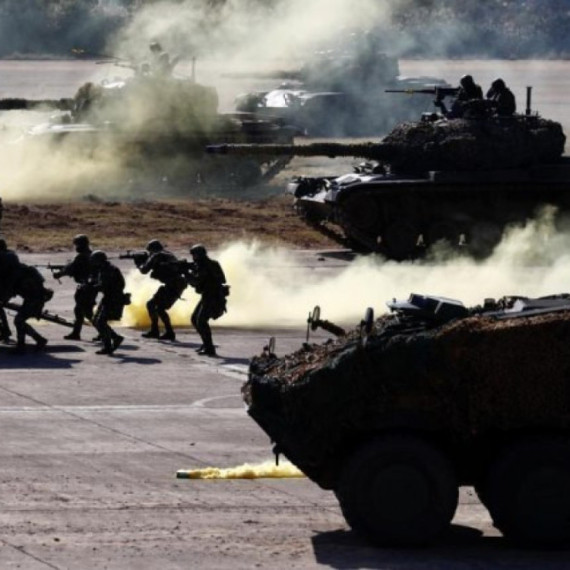
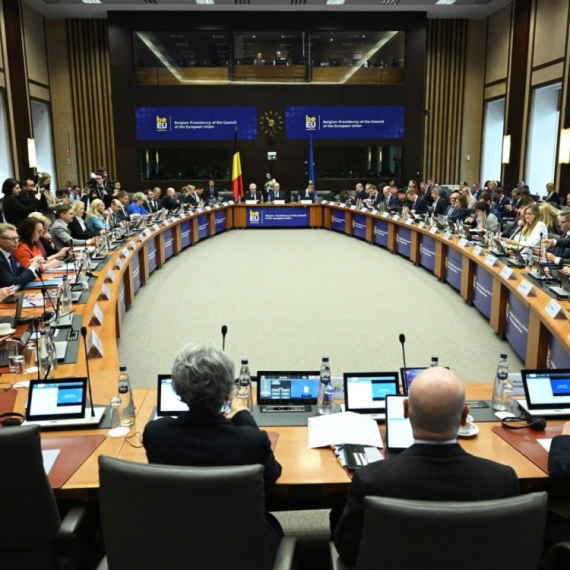
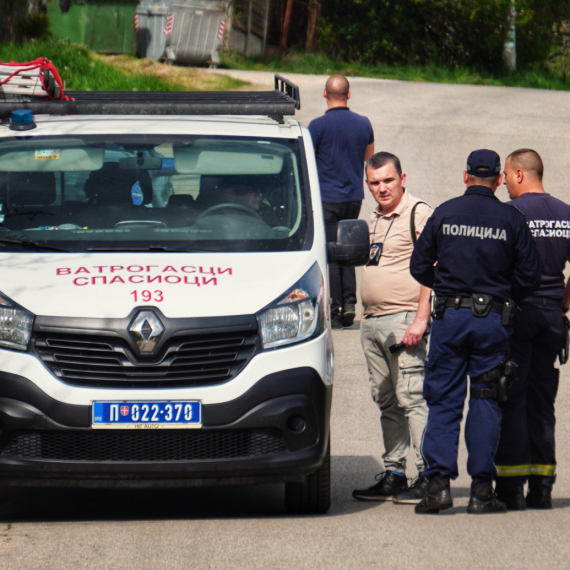
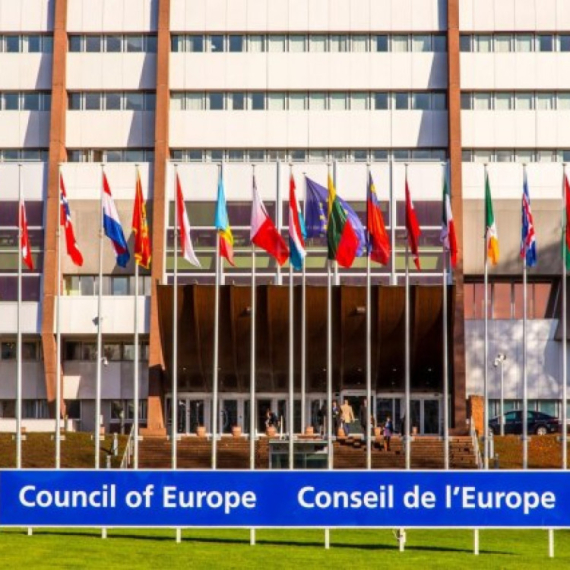

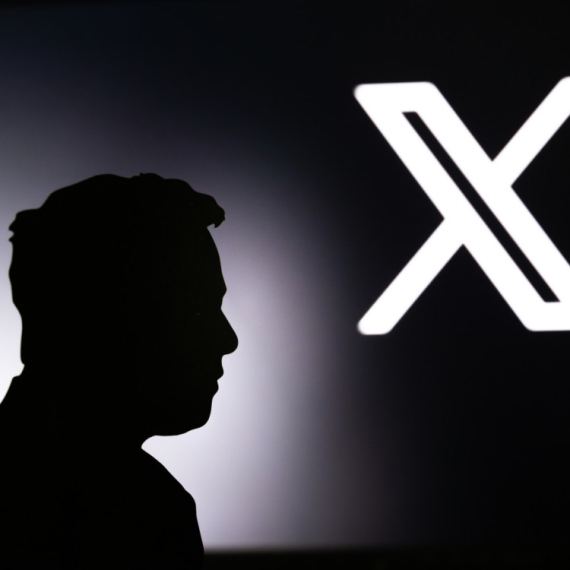






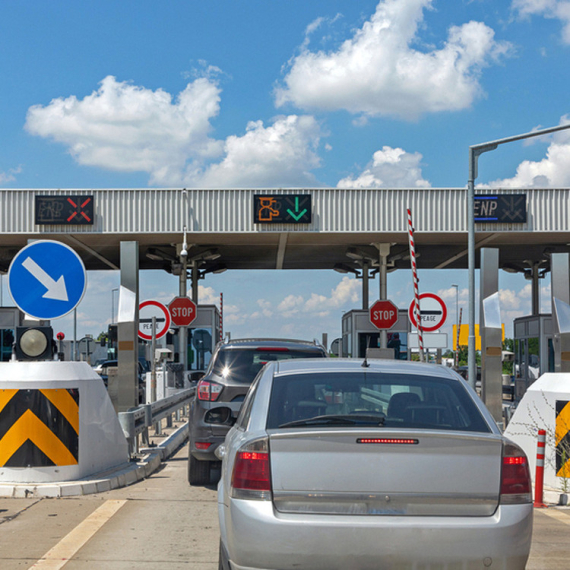
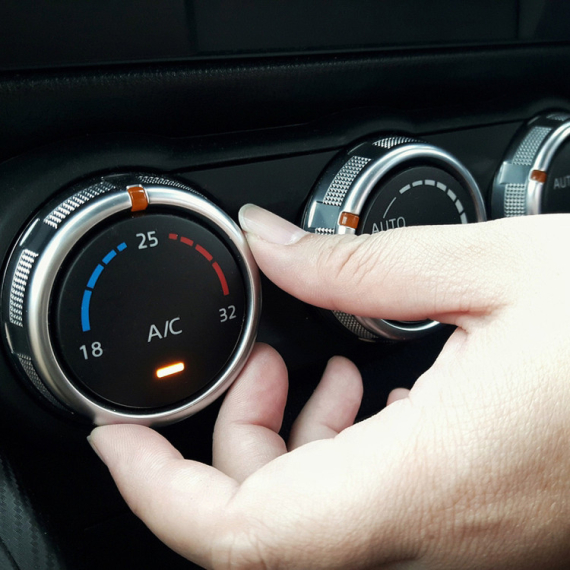






Komentari 3
Pogledaj komentare